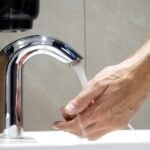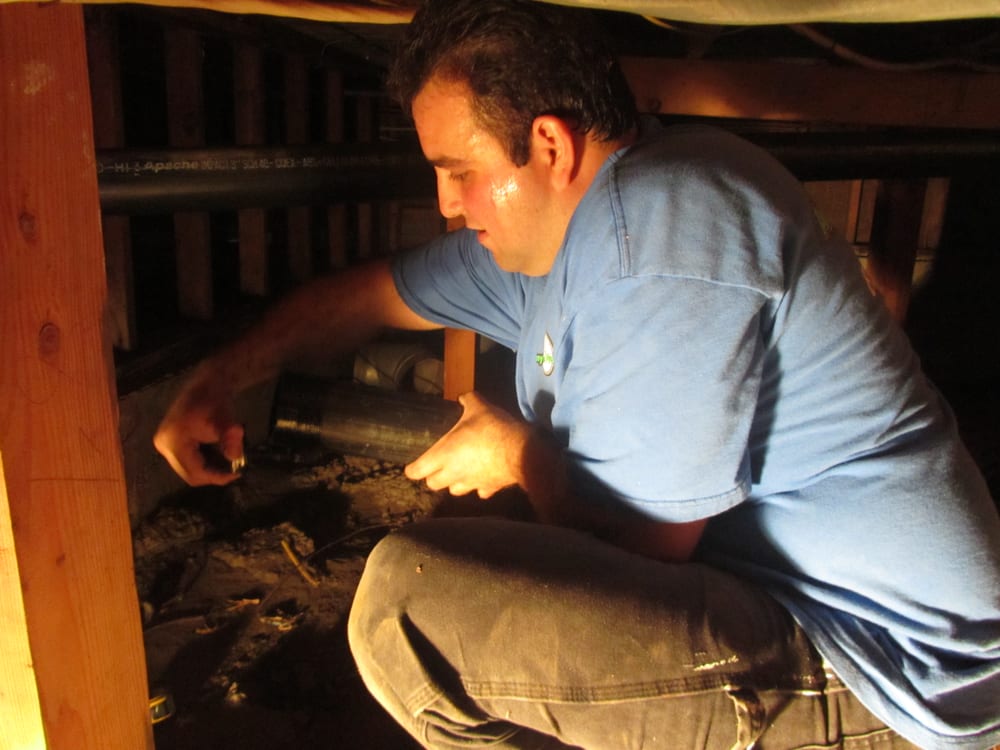
What Is the Difference Between Soft and Hard Water?
- By: Amer ZaghloulehUncategorizedComment: 0
You might’ve heard about these two terms, but you’re not sure what all the implications are? Your water’s hardness will influence many aspects of your daily life, as we will show below. Only a water test can determine your water’s hardness with precision, and many plumbing and water heating providers can perform it, even for free.
But first, let’s go through the basic differences between hard and soft water and what they mean from a practical point of view.
Difference Between Hard Water and Soft Water
It’s simple: hard water exceeds a certain concentration of minerals such as magnesium and calcium, making it alkaline and prone to causing sediments and deposits. Soft water doesn’t have these minerals present, because it was either filtered by a water softener, chemically treated or it’s rain-sourced.
To be more precise, let’s use the US system of classifying the hardness of water, which is based on the “parts per million” measurements:
- 0-60 ppm = soft water
- 61-120 ppm = moderately hard water
- 121-180 ppm = hard water
- >180 ppm = very hard water
You might notice that your water is hard by observing certain signs, such as:
- White marks on your sinks, showerheads, and faucets;
- Problems with water-using appliances;
- Health symptoms.
Here is more detailed information:
- Cleaning Results
Hard water doesn’t lather as easily as soft water, which reduces the cleaning power of the detergents you use. This includes your shampoo, as dull and “heavy” hair is one of the other signs your water might be too hard.
- Lifespan of Appliances
Water-using appliances like water heaters, washing machines, and dishwashing machines can be affected by hard water, as minerals form deposits on their parts and plumbing. This definitely limits the lifespan of your appliances and you might need to repair them more often than expected and replace them earlier than estimated.
- Health Effects
Your body might suffer from being exposed to hard water. While hard water is safe – and even good – for you to consume, it has bad effects on your skin and hair. You can experience itchiness, rashes, dry skin patches, and even cracked skin if you’re using hard water to clean yourself.
What Can You Do?
If hard water is a nuisance for you, then you could install a hard water softener. This system works by running the hard water through a raisin that is coated with positively charged sodium ions that replace the magnesium and calcium molecules in the water. However, these systems require quite a bit of maintenance if you want them to work properly.
Did Hard Water Affect Your Plumbing?
If hard water has damaged your pipes, appliances, or fixtures, contact Anytime Plumbing, Inc. We offer our plumbing services and expertise to residents and businesses all over Santa Cruz County. We can tell you if hard water is a problem for you and fix any damage that it already caused.







